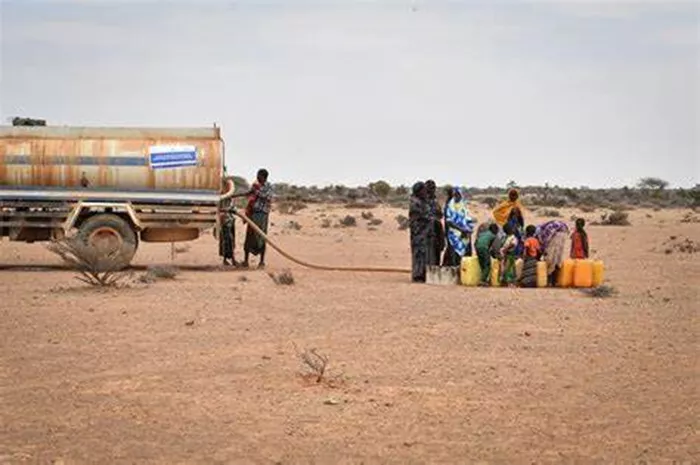The World Health Organization (WHO) has confirmed that mpox—previously known as monkeypox—continues to qualify as a Public Health Emergency of International Concern (PHEIC), maintaining the highest alert level under international health regulations. This decision follows the latest meeting of the WHO Emergency Committee, which assessed recent global trends in cases, transmission risks, and public health response capacities.
WHO Director-General Dr. Tedros Adhanom Ghebreyesus endorsed the committee’s recommendation to uphold the PHEIC status, citing “ongoing international spread and insufficient progress in key areas of outbreak control.”
“Although case numbers have declined in certain regions, mpox remains a significant global health threat, particularly to vulnerable populations,” Dr. Tedros stated. “Sustained efforts in surveillance, vaccination, and public engagement are essential to prevent further resurgence.”
Continued Global Health Threat
Mpox is a viral zoonotic disease caused by the monkeypox virus, part of the orthopoxvirus family. Historically endemic to Central and West Africa, mpox has spread internationally in recent years, causing outbreaks across the Americas, Europe, Asia, and other regions.
Since 2022, over 90,000 confirmed cases have been reported worldwide, affecting more than 100 countries. While new case numbers have generally decreased since the outbreak’s peak, localized resurgences and underreporting—especially in low-resource areas—remain pressing concerns.
WHO identified several key factors contributing to the ongoing emergency, including:
-
Continued human-to-human transmission in multiple countries
-
Unequal access to vaccines and treatments
-
Stigma and misinformation hampering timely diagnosis and care
-
Deficiencies in genomic surveillance and health infrastructure
Populations at Increased Risk
While mpox can infect anyone, recent outbreaks have disproportionately affected men who have sex with men (MSM), healthcare workers, and immunocompromised individuals. WHO stresses that the virus is not confined to any specific group and urges inclusive, stigma-free public health messaging.
The disease is generally self-limiting but can cause severe symptoms in children, pregnant women, and those with weakened immune systems. Typical symptoms include fever, rash, swollen lymph nodes, and skin lesions.
Global Response and Recommendations
The WHO urges member states to:
-
Sustain and expand vaccination programs where needed
-
Enhance testing, case tracking, and reporting systems
-
Guarantee equitable access to healthcare and therapeutics
-
Strengthen international cooperation on data sharing and coordination
Public health education to combat stigma and misinformation remains a priority, as these issues continue to hinder testing and treatment efforts.
Looking Forward
Maintaining the PHEIC designation highlights WHO’s concern that the battle against mpox is ongoing. Despite advances in vaccines and treatments, equitable access and global collaboration are critical to controlling the disease.
The WHO plans to reassess the situation within three months or sooner if significant developments arise.
“We cannot afford complacency,” Dr. Tedros warned. “As long as mpox circulates globally, it poses a threat not only to individuals but also to health systems already burdened by multiple overlapping crises.”
Related Topics
































